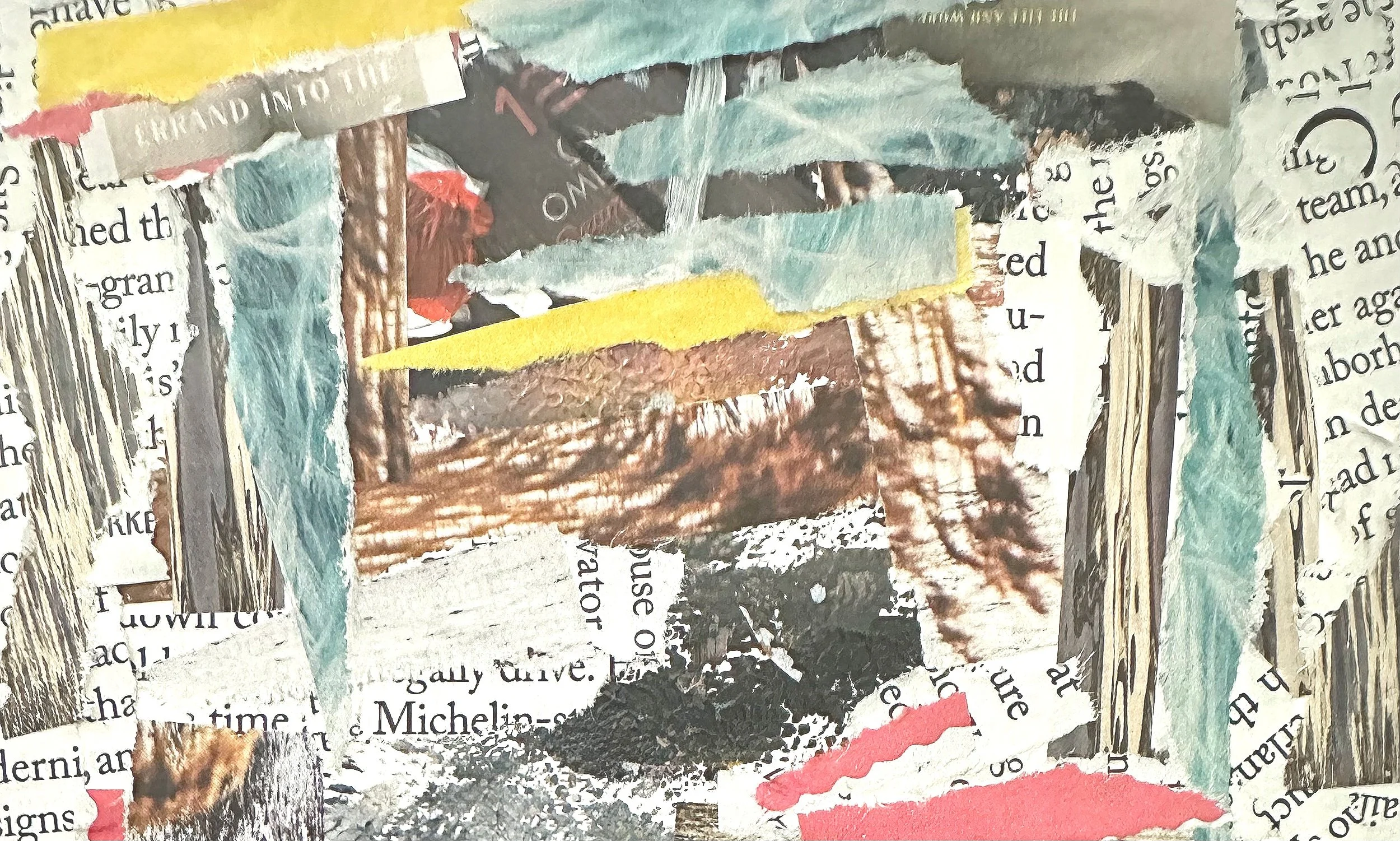Research Through Writing
I’ve assigned a research blog to my senior seminar students this semester as they begin writing their SCEs (Senior Capstone Experience). One unique aspect of attending Washington College is that every student - not just honors students - are required to complete a capstone project in order to graduate. This takes the form of either a research paper or a creative project of some kind.
I assigned the blog prompts as a way for students to work through their ideas by writing and to illustrate how writing can help us crystallize our understanding of our topic. I know this, but I don’t always practice it as much as I should. Therefore, I figured I’d should also blog with them as I work through a current research project!
———
My students are reading and responding to The Craft of Research as they develop their own research projects. For this first post, I asked them to respond to the first two chapters by reflecting on their current feelings about their SCE and if the first two chapters shifted their thinking in any way.
As for my current project - I’m working on a conference presentation as part of my larger work on gender and feelings of authenticity in stand-up comedy. This presentation specifically focuses on ethnographic research around an open mic called Broad Comedy that I started in Urbana, Illinois when I was in grad school that is still going strong! I returned this past Spring to do interviews with the current producers and performers about the impact the show had on the local comedy scene and on their own sense of belonging to the scene. I’m thinking through the mic as an example of feminist placemaking and as a research intervention stemming from my dissertation (and now book) project.
My headspace is that I’m feeling fairly confident in the project, though, it does require reading in a new subfield (human and cultural geography) that I’m less familiar with. This is where one point from the chapters I assigned stands out:
“A second reason for writing is to see larger patterns in what you read. When you arrange and rearrange the results of your research in new ways, you discover new implications, connections, and complications” (11).
The way I tend to start a writing project is to jot notes down from my sources into one big word doc (I know, I know - I should be using Zotero or another citation manager, but old habits die hard) and then start to draw connections between them. Seeing all of my notes in one big document helps to find patterns of thinking, identity contradictions, and synthesize the bigger picture.
The chapters for this week also cover a topic that I often struggle with: who is my audience, what do they already know, and what do they want to get out of my research? Doing media and cultural studies work is interdisciplinary, and it’s often hard to pinpoint what background knowledge goes without saying and what needs to be made explicit. There is a handy checklist at the back of the second chapter for today that includes questions like:
“How much can I expect them (my audience) to know already? Is the problem one they already recognize? Is it one they have but haven’t yet recognized? Will they take the problem seriously, or must I convince them that it matters?”
There is a tendency in comedy research to assume that the audience doesn’t take comedy seriously and needs to be convinced of its cultural and political merits, and I sometimes find it irritating and redundant. But, it’s useful to keep in mind this checklist and the fact that I am not the only audience member and our work has a readership outside of other comedy scholars.
———-
This week is all about the start of a research journey and clarifying our purpose and audience. This paper will be for a new constituency (I’m presenting at the American Studies Association for the first time) and so the checklists in these first two chapters are a helpful reminder of the importance of clarifying basics before diving headfirst into research.
